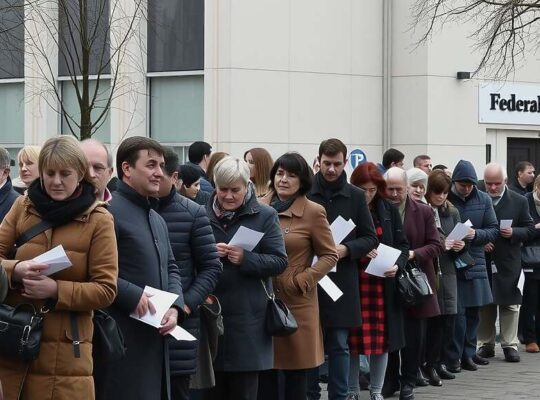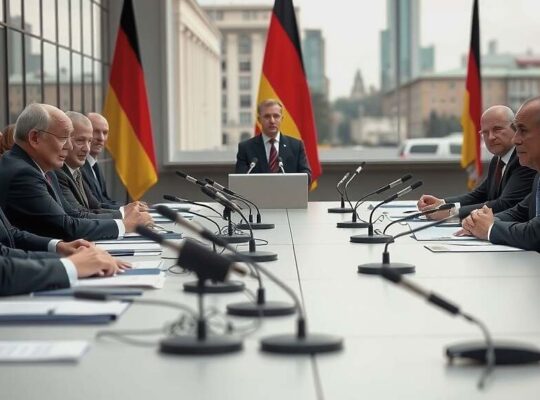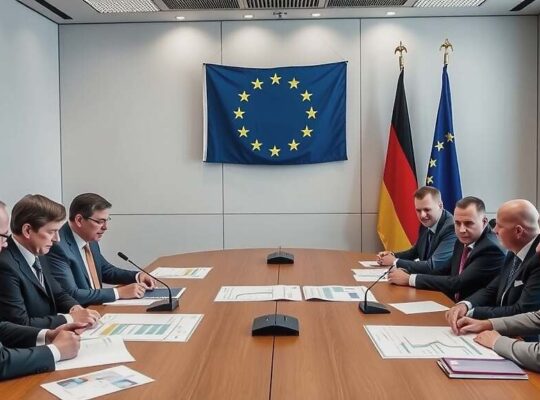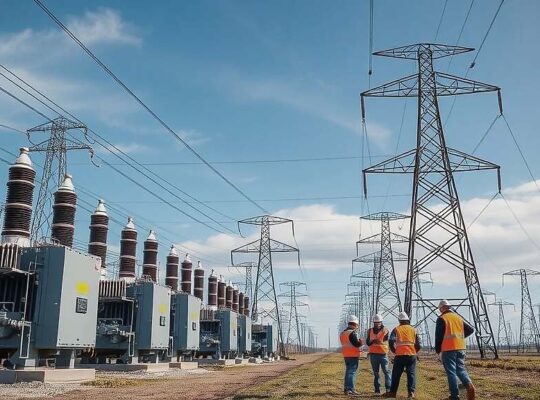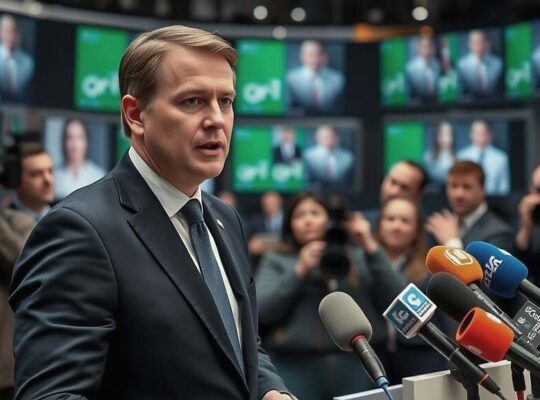A critical lifeline has been extended to Rosneft Deutschland, the German subsidiary of the Russian state-owned energy giant, following the imposition of fresh US sanctions. Multiple sources report that the US government has, at least temporarily, excluded Rosneft Deutschland from the punitive measures, averting what could have been a severe energy supply crisis for Germany.
According to insiders quoted by the Handelsblatt, the potential fallout from the sanctions without the exception would have been catastrophic. Banks involved in processing financial transactions for PCK, the refining company majority-owned by Rosneft Deutschland and located in Schwedt, Brandenburg, reportedly ceased operations almost immediately after the sanctions were announced.
The situation was described as dire: within a matter of weeks, PCK might have been forced to halt production and file for insolvency. Crucially, the state-owned development bank KfW, which could have potentially stepped in to provide financial support, was reportedly unable to do so due to constraints linked to its own US business activities.
The German Ministry for Economic Affairs expressed significant concern over the potential for widespread fuel shortages across eastern Germany and at the crucial Berlin Brandenburg Airport (BER) had PCK succumbed to insolvency. The decision to exclude Rosneft Deutschland, while mitigating immediate risk, raises complex political questions about Germany’s reliance on Russian energy infrastructure and the potential for US leverage over German economic stability. Critics argue the exemption highlights a precarious and potentially unsustainable dependence, while proponents emphasize the immediate need to ensure energy security for the German population. The long-term implications of this temporary reprieve and its impact on the broader geopolitical landscape remain a subject of intense scrutiny.




